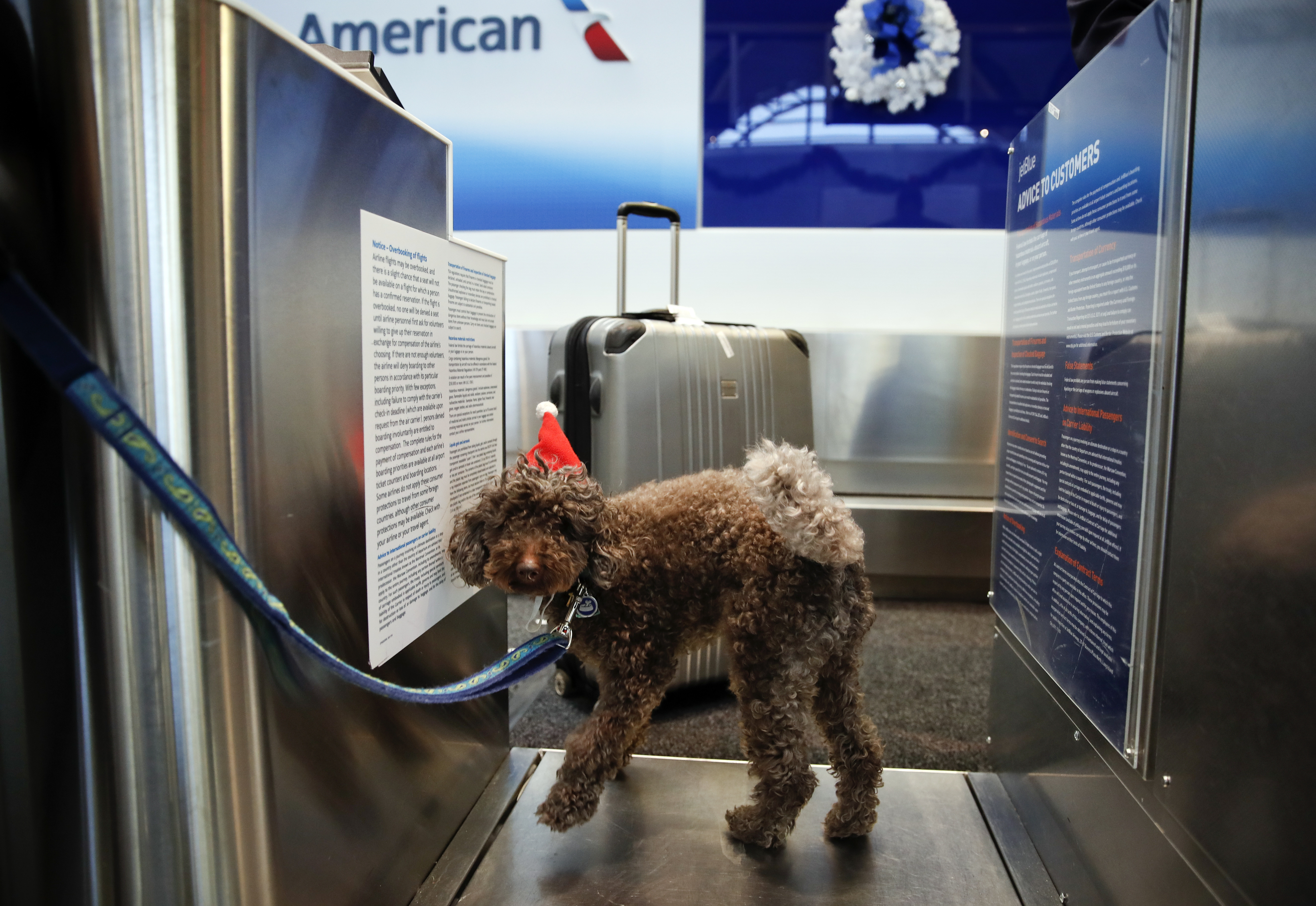Directors Josh Kriegman and Elyse Steinberg had always intended to try to elevate disgraced politician Anthony Weiner's story above the sensationalism of the sexting scandal that effectively ended his congressional career. What they didn't know, however, was that it was going to happen again while they were filming.
The end result, "Weiner," out Friday in limited release, might not be the comeback narrative that he was hoping for, but it is a fascinating verite exploration of a man trying to rise above his transgressions, a husband and wife dealing with public humiliation, and a culture that won't let him move past any of it. And this is all while trying to hold on to some dignity and seriousness in his campaign to be mayor of New York City.
"The punchline is true about me. I did the dumb thing," Weiner says. "But I did a lot of good things too."
Kriegman had served as Weiner's chief of staff for a couple of years while he was in Congress, leaving to pursue a filmmaking career before the first sexting revelations came out, which led to Weiner's resignation in 2011. It was after this that Kriegman and his filmmaking partner Steinberg began proposing the idea of a documentary to his former boss. They went back and forth for two years, Kriegman says, and then Weiner texted him to come on over the morning he announced he was running for mayor and to bring a camera. Kriegman stayed with him until the end of the election.
For about six weeks, the mayoral campaign was going swimmingly, but then a new batch of scandalous photos and texts showed up online.
"It was a very intense moment," Kriegman said of that day in the office. "Obviously, I'm human. You can't avoid feeling for them in a moment like that, but at the same time, there's an emotional remove when something like that happens because I was also committed to doing this job of capturing this story and keeping the camera rolling."
And roll the cameras did, through many of the public and private moments that followed with both his campaign staff and wife, Huma Abedin, as they all come to the dispiriting conclusion that these new indiscretions happened after he had already resigned from Congress and had begun rehabilitating his image with proclamations of reform and a glossy People magazine spread with Abedin and their new baby.
Local
"(Weiner) says he wanted to be seen as the full person that he was and not as a punchline," said Steinberg. "After that scandal broke, that need, that desire to show a more nuanced version of him just intensified."
Weiner hasn't seen the documentary, which premiered earlier this year at the Sundance Film Festival, despite repeated offers, saying that he's not eager to relive it. He has, however, taken umbrage with the film's marketing for its focus on Abedin, a longtime adviser to Hillary Clinton who now serves as the vice chair of Clinton's presidential campaign. Abedin, he told Larry King early this year, was never to be the focus.
While we never hear from Abedin directly in "Weiner," she is always there. The documentary does not shy away from showing Abedin throughout the ups and downs of the scandal, whether it's making a statement on her husband's behalf, using her connections for fundraising efforts, instructing a staffer to not look upset in front of the cameras, or even refusing to be in a campaign ad.
"She participated and cooperated throughout filming," Kriegman said. "There was a clear ground rule that any time anyone wanted us to stop filming or to turn off the camera and I would respect all of those boundaries throughout."
Clinton is seen in the documentary only through stock footage to give context to Abedin's impressive career. The directors have vehemently denied suggestions that additional footage of Clinton was cut from the film to avoid risking damage to her presidential campaign.
Beyond the fascinating peek behind the curtain of Weiner's ill-fated campaign, and the very human moments that emerge both with his wife and his increasingly disenchanted campaign staff, the documentary also forces the viewer to consider both the personal impact and the role of the media in scandal coverage.
"We wanted to make this more than just about Anthony's story, but about this emblematic shift right now away from substance and toward spectacle," Steinberg said. "I think it's far too simplistic to say that the media is to blame for the way Anthony's story unfolded. That was not our intention. Anthony understood the contours of how media works and he knows it's not the media's fault. But I do think the media plays a role, Anthony plays a role, and we play a role as consumers. That's what excites us about making documentaries. You get to explore nuance."



